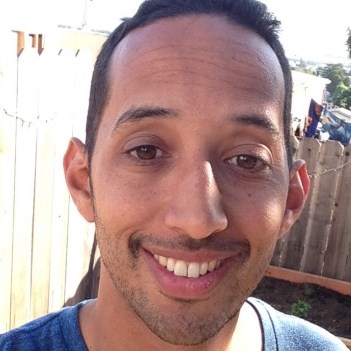
Suneal Kolluri in The Washington Post: Seven things research reveals — and doesn’t — about Advanced Placement
This op-ed, authored by Pullias Center research assistant Suneal Kolluri, was originally published in The Washington Post’s Answer Sheet on July 19, 2018.
The Advanced Placement program is engaged in a tenuous balancing act. The program aims to serve more students from marginalized backgrounds whose schooling experiences have exposed them to few rigorous learning opportunities. At the same time, it seeks to engage students in challenging, college-level curriculums, thereby enhancing their likelihood of postsecondary success.
The goals are admirable in an era when more students from a variety of racial and socioeconomic backgrounds entertain college-going dreams. However, the dual goals of serving more students and maintaining college-level expectations have proved difficult to pursue in tandem.
Read the rest of this op-ed inThe Washington Post’s Answer Sheet.
.
Suneal Kolluri is a research assistant at the Pullias Center for Higher Education and a Rossier Dean’s Fellow in the Urban Education Policy PhD program at USC Rossier School of Education.